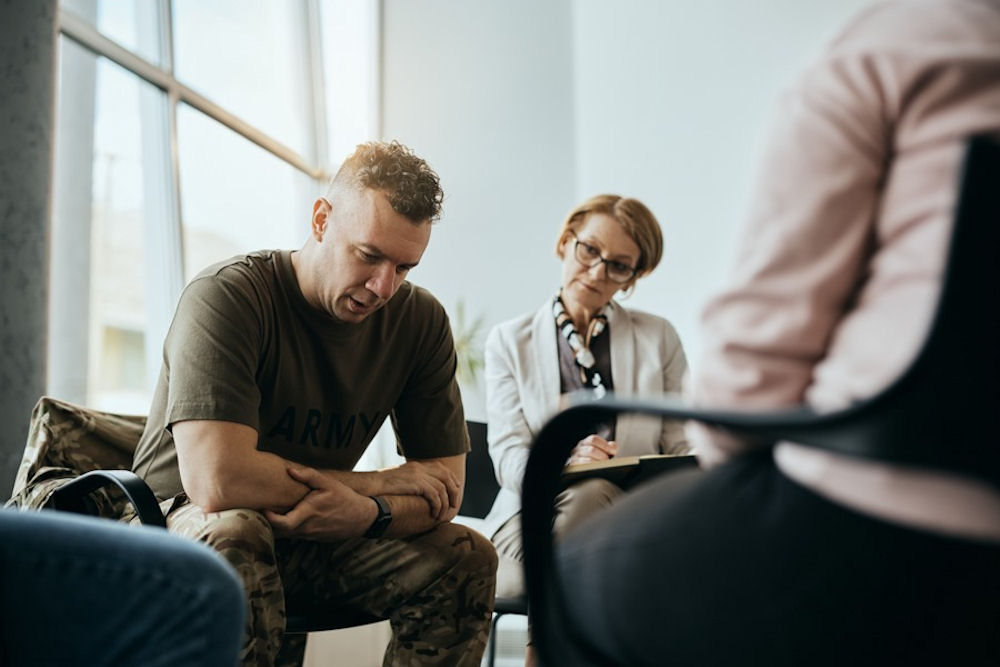Intensive Outpatient Program (IOP) for Addiction Treatment in California
An Intensive Outpatient Program (IOP) for addiction treatment provides structured care for individuals working toward recovery from addiction. This program provides therapy, education, and coping tools to clients while allowing them to live at home. IOPs work well for people who need ongoing support but can manage without constant supervision.
At Westlake Village Recovery Center, we provide personalized IOPs in a calm and supportive environment. Our team helps you heal while staying connected to your daily life.
An IOP provides structured addiction care without requiring a person to stay overnight at a treatment center. Clients usually attend treatment three to five days per week, depending on their needs and progress. Sessions often last two to four hours per day and include a variety of therapeutic services. These programs are built to offer strong clinical support while allowing participants to live in their own homes.
To qualify for an IOP, clients must be physically and mentally stable enough to manage some independence. They should not require 24-hour supervision or medical monitoring. A drug-free home environment and reliable transportation are also important for success. Many IOPs offer drug testing and progress check-ins to help monitor accountability.
Many clients begin IOP after completing detox or a residential program. Others begin here if their addiction is moderate or they are seeking early intervention. IOPs are proven to reduce relapse risk when followed consistently with active participation.
Treatment in an IOP includes evidence-based therapies that address both substance use and emotional well-being. Clients build skills in stress management, healthy communication, goal setting, and avoiding relapse. This level of care can be especially effective for those juggling work, school, or family responsibilities.
Insurance often covers IOP services, making it an accessible step in a long-term recovery plan. Many people continue attending support groups or individual counseling after completing the IOP. These programs help bridge the gap between treatment and everyday life, creating space for lasting change.
Types of IOPs
Not every recovery journey looks the same, so there are different types of IOPs to meet each person’s needs. IOPs offer scheduled treatment while helping clients maintain routines at home and work. These treatment programs vary in intensity, focus, and schedule, depending on where someone is in the recovery process. IOPs are often used after detox, residential rehab, or as a starting point for those needing outpatient care. Each type is based on clinical assessments and personalized goals.
This is the most widely used type of outpatient care for addiction recovery. Clients usually attend sessions three to five days a week for two to four hours each day. It includes individual therapy, group counseling, educational sessions, and relapse prevention planning. Programs usually last 8 to 12 weeks but can continue if more support is needed. This model helps people build routine, emotional awareness, and coping skills in a structured setting.
This level of care provides ongoing support for those moving from inpatient or partial hospitalization programs. It maintains support while allowing more personal freedom. The schedule is lighter, usually involving two to three sessions per week. It helps prevent relapse during early recovery by continuing therapy, monitoring progress, and supporting gradual reintegration into daily life. Step-down IOPs serve as a safety net during this vulnerable time.
Many people facing addiction also experience depression, anxiety, trauma, or mood disorders. Dual diagnosis IOPs treat both addiction and mental health challenges at the same time. Therapists use integrated treatment plans to manage symptoms of both addiction and mental illness. Treating both together improves emotional health and reduces relapse risk. Medication management and psychiatric care are often included in this model.
This model offers treatment during non-traditional hours to fit around work, school, or caregiving responsibilities. Sessions may be scheduled in the evenings or on weekends for added flexibility. It’s ideal for people who need help but can’t pause their daily commitments. The level of care is the same as daytime programs, with a focus on flexibility and accessibility. These IOPs make recovery possible without disrupting one’s livelihood.
Each type of IOP provides tools, guidance, and community support in a way that allows room for your real-life obligations. The goal is to help you recover while staying connected to your responsibilities and relationships.

Who Can Benefit From an IOP?
An IOP is designed for people who need support but not full-time, 24-hour care. It works well for individuals who are medically stable and not at immediate risk of relapse or harm. People attend structured sessions during the day or evening and return home afterward.
IOPs are also useful for those transitioning from inpatient rehab who still want or need guidance and structure. They allow people to continue working, going to school, or caring for loved ones while getting help.
People who can benefit from an IOP include:
If you have a job, family, or school, IOP lets you get help without disrupting your life.
If your substance use is moderate and manageable with support, IOP can help you stay on track.
Those living with addiction and mental health issues receive treatment for both at the same time.
IOP lets you practice what you learn in therapy in your daily life, then discuss it in sessions.
If you’ve completed residential treatment, IOP provides continued support while you adjust to independent living.
IOP offers scheduled therapy sessions, group meetings, and professional guidance to help maintain recovery.
Group therapy in IOP allows you to connect with others facing similar challenges, reducing isolation.
IOP includes therapies like cognitive behavioral therapy DBT, CBT, and relapse prevention techniques.
Regular check-ins with therapists and peers can help you stay committed to recovery and avoid relapse.

Therapy Options for IOPs
IOPs use therapy as the main tool to help people understand and manage their addiction. Therapy teaches how to handle cravings, avoid relapse, and improve emotional health. Many IOPs also treat co-occurring mental health issues, such as anxiety disorders, clinical depression, or post-traumatic stress disorder (PTSD). The goal is to address the root of the addiction and build healthy habits. Different therapies are used depending on each person’s needs and challenges. The most common therapy methods in an IOP include:
These private therapy sessions focus on your personal story, struggles, and goals. Therapists help you explore past trauma, stress, and triggers. You’ll work on healthier thought patterns, behaviors, and coping tools that support lasting recovery.
CBT is a widely used, research-based therapy for addiction. It teaches you how negative thoughts lead to harmful behaviors. You’ll learn to spot triggers, change thought patterns, and respond with healthier choices instead of using substances.
DBT helps people with intense emotions, mood swings, or difficulty managing conflict. It teaches mindfulness, emotional regulation, distress tolerance, and interpersonal skills. This can be life-changing for people who turn to substances to numb emotional pain.
EMDR helps process past trauma, which is often linked to addiction. You’ll focus on painful memories while following a guided motion, like eye movements. This helps the brain reprocess trauma in a safer way, reducing emotional distress and cravings.
Group sessions bring people together in recovery to share experiences, challenges, and support. You learn from others, gain encouragement, and build trust. Group work reduces isolation and helps build communication and accountability skills.
Addiction impacts family members as well as the individual in recovery. Family therapy strengthens communication, sets healthy boundaries, and rebuilds trust. It also helps family members learn how to support recovery without enabling the addiction.
Receive Help for Addiction and Mental Illness at Westlake Village Recovery
At Westlake Village Recovery, we treat addiction as a whole-person condition, not just a habit to break. Our IOP for addiction is evidence-based, trauma-informed, and designed to support your unique recovery journey. We offer therapy for addiction, mental health disorders, and co-occurring conditions all under one roof. Our team includes licensed therapists, addiction counselors, and mental health professionals who truly care.
We understand that healing looks different for everyone. That’s why we provide flexible scheduling, individualized plans, and a supportive community to help you feel safe and understood. Whether you are stepping down from residential care or beginning your recovery here, we meet you where you are.
If you or someone you love is struggling, help is available. Reach out today to learn how our IOP for addiction can help you start fresh, find hope, and build lasting change. You don’t have to face this alone.

